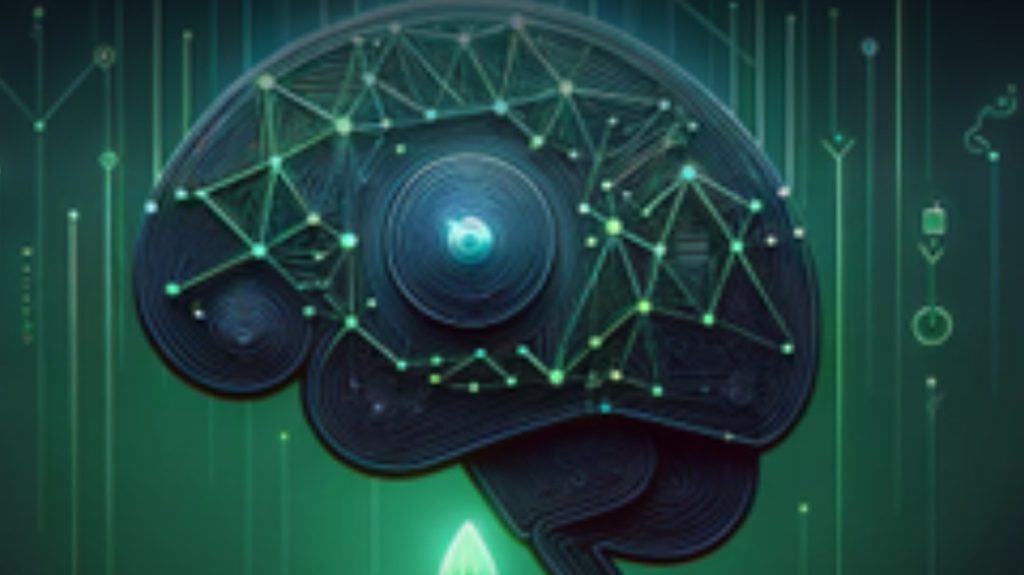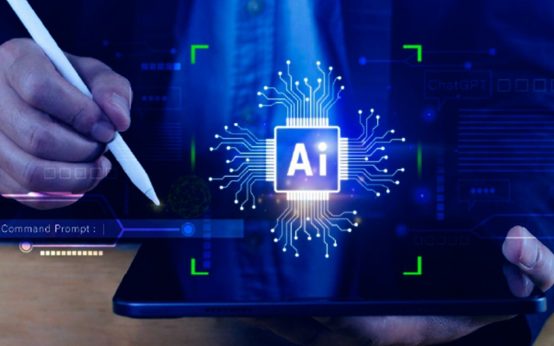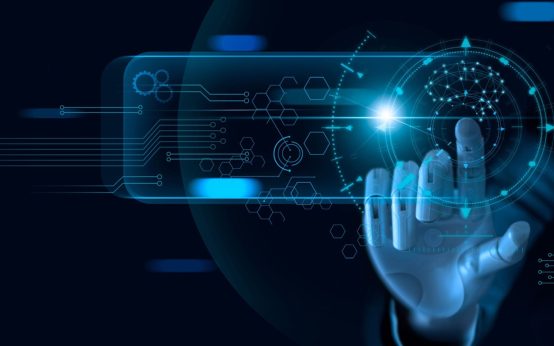The dawn of the Fourth Industrial Revolution marks a pivotal shift driven by remarkable technological advancements, with artificial intelligence (AI) leading the charge. While AI has transformed numerous sectors, it has also sparked debates regarding its potential to displace human workers. This article examines the growing trend of AI automating jobs and its broader implications for the global workforce.
The Evolving Work Environment
The rise of AI has facilitated the creation of advanced algorithms and machine learning systems capable of executing tasks that were once the domain of human specialists. Automation is increasingly evident across various sectors, including manufacturing, logistics, customer service, and even fields such as law and finance. AI-powered technologies excel at performing repetitive and mundane tasks with enhanced efficiency, speed, and precision compared to human employees.
Effects on Employment
The swift adoption of AI-based automation brings both advantages and challenges. Although it enhances productivity and reduces costs for businesses, it simultaneously leads to the displacement of human workers. Tasks such as data entry, customer service, and assembly line operations are progressively being handled by automated systems, resulting in job losses and unemployment.
Alarmingly, it is not only low-skilled positions that face threats. AI is increasingly adept at undertaking complex cognitive tasks, jeopardizing roles that were once deemed secure. For example, AI-driven chatbots are now effectively managing customer queries, diminishing the need for traditional customer service roles. Similarly, advancements in AI analytics are reshaping employment opportunities in sectors like finance and market research.
Bridging the Skills Gap
As AI becomes more entrenched in the workforce, there is a rising demand for professionals skilled in areas such as data science, programming, and machine learning. The job market is evolving, and individuals equipped with relevant skills will be better positioned to thrive in this new landscape. To avoid exacerbating the skills gap, collaboration among governments, educational institutions, and businesses is essential to offer accessible training and reskilling programs.

Opportunities for Job Creation and Enhancement
While concerns regarding job displacement are legitimate, history illustrates that technological progress often generates new job opportunities. As AI takes over repetitive tasks, it allows humans to concentrate on creative, strategic, and complex problem-solving roles. The integration of AI in various industries can lead to job enhancement, where AI tools support human capabilities and boost productivity.
Furthermore, the design, implementation, and management of AI systems necessitate a skilled workforce. The demand for jobs in AI research, development, and oversight is on the rise, catering to the growing need for specialized knowledge. Thus, the AI evolution offers prospects for those willing to adapt and embrace new challenges.
The Significance of Ethical Implementation
As AI technology continues to evolve, ethical considerations must take center stage. Responsible development and deployment of AI systems can help mitigate potential negative impacts. Ethical implementation involves addressing biases in algorithms, ensuring transparency in decision-making, and preventing misuse. By adhering to ethical principles, society can harness the advantages of AI while minimizing its detrimental effects on employment.
The rise of AI and its potential to reshape the job landscape is a complex issue with multiple dimensions. While the fears of job displacement are valid, it is crucial to recognize the accompanying opportunities for job enhancement and innovation. Successfully navigating this transformative era will require collaboration among governments, businesses, and individuals to promote reskilling initiatives, advocate for ethical AI practices, and prepare for the shifting demands of the job market. Embracing AI thoughtfully can lead to a more productive, inclusive, and prosperous workforce.



 Harnessing AI to Create Engaging PowerPoint Presentations
Harnessing AI to Create Engaging PowerPoint Presentations  Is AI the Future of Spreadsheet Management?
Is AI the Future of Spreadsheet Management?